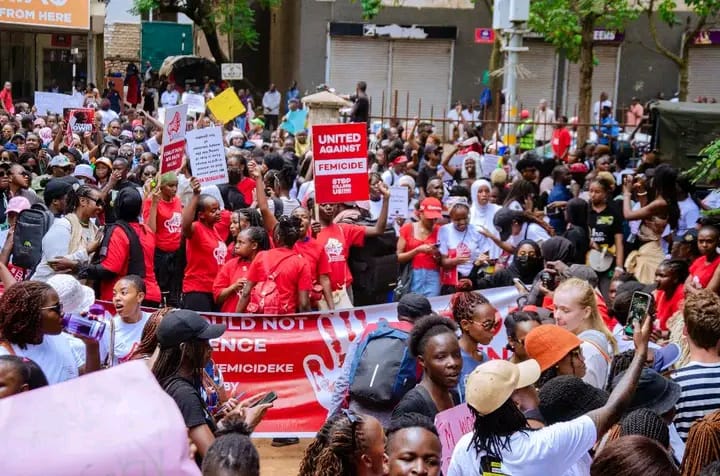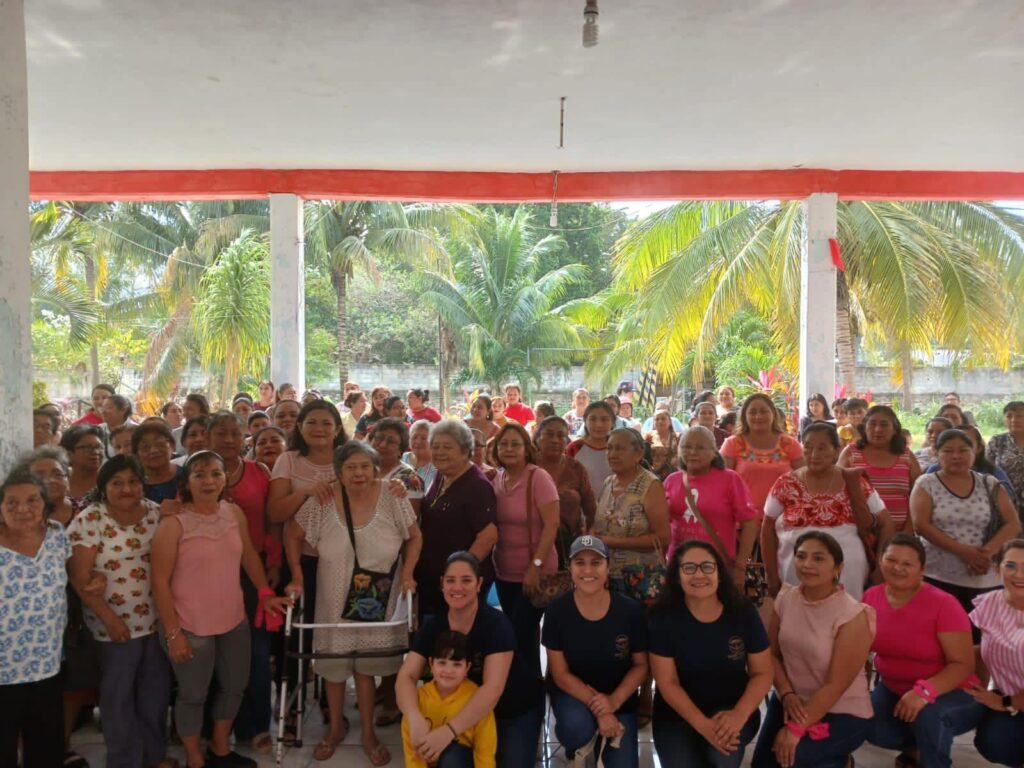‘Our share of bricks’ to prevent gender-based violence in Madagascar
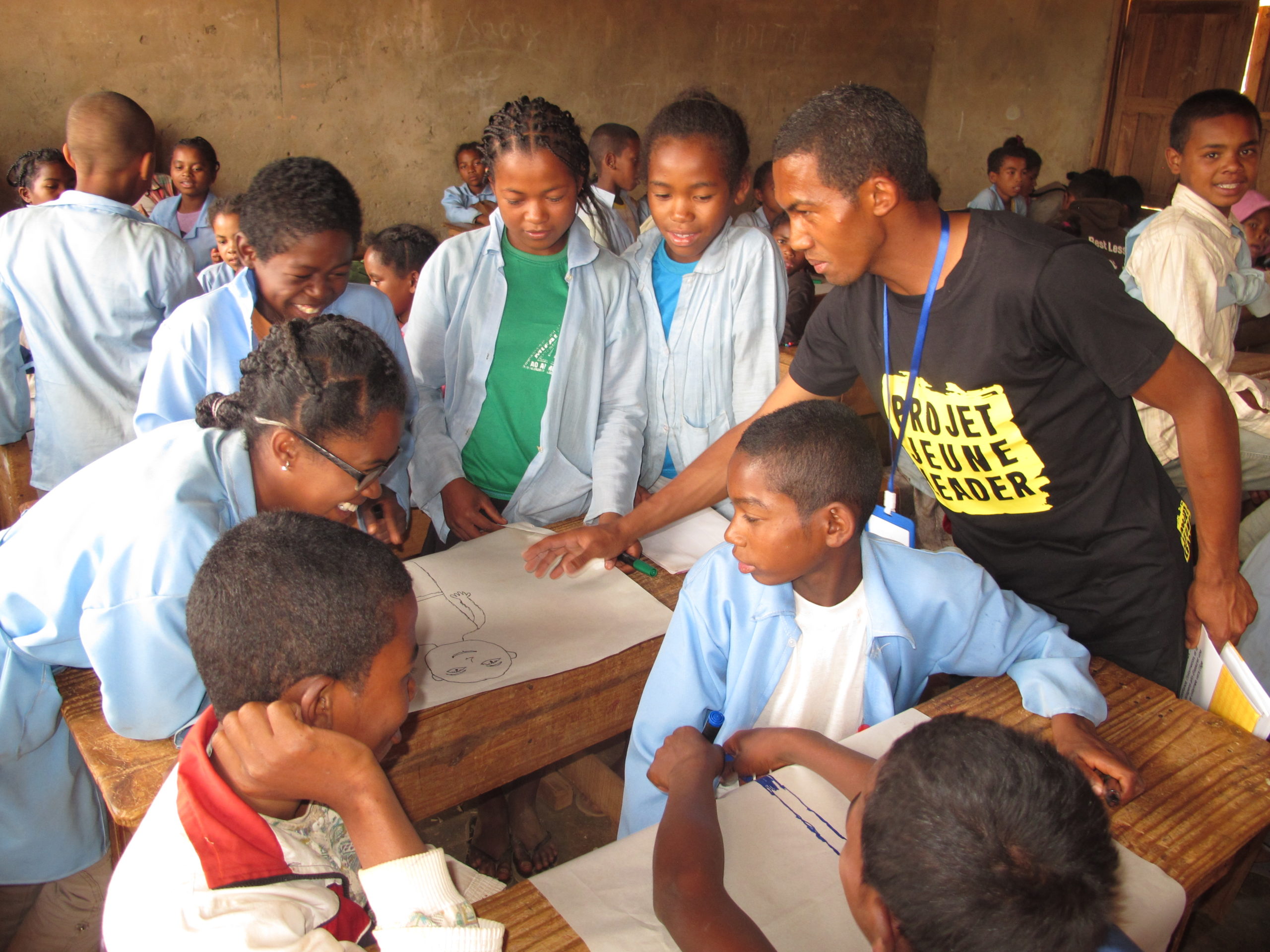
Projet Jeune Leader’s holistic sexuality education program targets three key change pathways to prevent violence
There is a phrase in Malagasy – mitondra ny anjara biriky – that when translated literally, means, “to bring your share of bricks.”
Like a village, where each family contributes a stack of bricks to build a communal school, the saying implies that collaboration and coordination can help tackle our most pressing problems.
This saying from Madagascar captures the essence of the 16 Days of Activism against Gender-based Violence, taking place each year between November 25th and December 10th.
During this time, individuals, institutions, and organizations around the world come together – contributing their own “bricks” – to increase awareness of and demand accountability for gender-based violence in its many forms.
To end violence against women and girls in Madagascar, Projet Jeune Leader’s “share of bricks” is in the form of holistic and gender-transformative comprehensive sexuality education.
Comprehensive sexuality education is best known for enhancing sexual and reproductive health and rights among young people. It can also be a key mechanism to promote gender equality, shift harmful social norms, and prevent gender-based violence (GBV).
In Madagascar, where nearly one-third of women have been victims of physical violence since age 15 and over 40 percent are married as children, young adolescents absolutely need access to sexuality education. And it needs to be holistic. To truly prevent gender-based violence, we must strive to improve behaviors, practices, and attitudes that underpin violence at multiple socioecological levels.
At Projet Jeune Leader, we use a holistic, integrated, and youth-led approach to target three key change pathways in the prevention of violence.
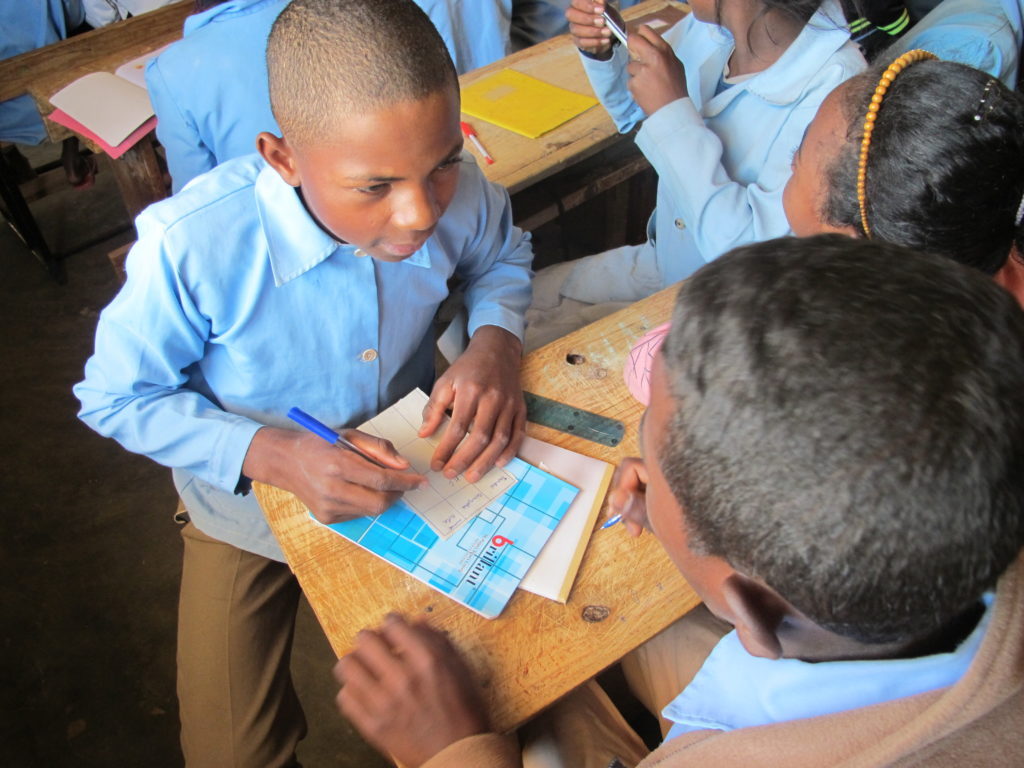
First, we improve life skills and promote gender equitable attitudes among young adolescents. We work in government middle schools, intentionally serving very young adolescent girls and boys (ages 10-14). During this life stage, boys and girls solidify their identities, gain awareness of gender roles and norms, and develop attitudes that underpin gender-based violence. This age group does not receive sufficient policy and programming attention.
Our educators deliver a gender-transformative curriculum and use participatory teaching techniques that have been proven to facilitate quality education by engaging learners and allowing them to personalize information.
In addition to examining gender and social norms that underpin gender-based violence (for example, harmful notions of masculinity and community acceptance of violence), Projet Jeune Leader’s curriculum promotes essential life skills such as confidence and self-efficacy, effective communication, maintaining healthy interpersonal relationships, and informed decision-making – providing further potential protection from gender-based violence.
Our work thus far has been promising. We have seen positive shifts in attitudes on gender roles, sexual decision-making, and gender-based violence among our students when compared to students who have not had the opportunity to work with Projet Jeune Leader.
The second pathway we use to help address gender-based violence is to transform attitudes and relationships within the wider community. Our goal is to promote changes in the attitudes of men, boys, and duty bearers such as parents, who are integral to achieving gender equality.
We know that evidence-based parent programs help strengthen parent-child relationships – dynamics that help prevent all types of violence throughout adolescents’ lives. And we have found that our highly popular parent program does exactly this.
Project Jeune Leader also delivers a 20-session extracurricular program on positive masculinities for boys. Throughout the program, boys examine gender inequities across several domains in their lives and build practical skills to inform healthier behaviors.
And finally, our third pathway is to improve reporting and the response to relationship violence among our adolescent students.
Our educators are recruited for their dynamism, positive gender attitudes, and potential as role models. Because of their youthfulness, they serve as trusted near-peer mentors for their young adolescent students. Importantly, when they are not teaching, Projet Jeune Leader’s educators act as school-based counselors and social service liaisons. They establish critical referral systems between their school and local social and health services – services that we at Projet Jeune Leader strengthen, to help make them more youth-friendly.
Every year we have students who are victims of violence and have no one to go to. They turn to our educators. Fortunately, with our educators’ training and connections to support services, they can get their students the help they need and deserve.
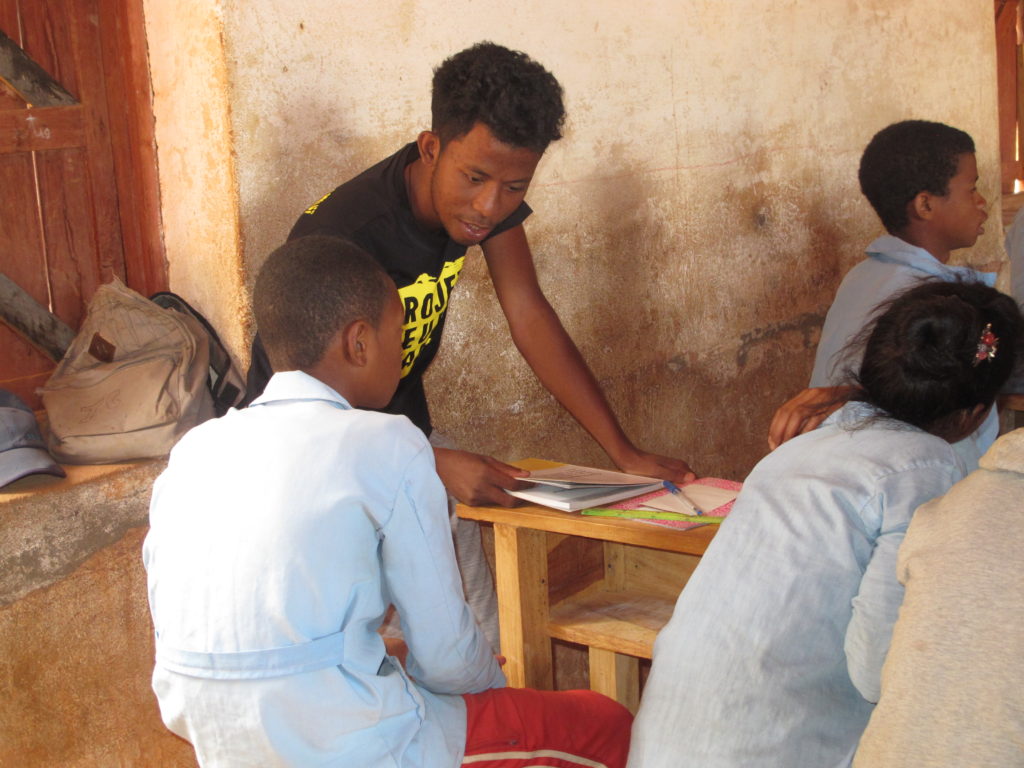
Holistic comprehensive sexuality education is special because we are contributing a “stack of bricks” to many efforts to prevent gender-based violence.
We are building on the strengths in communities and in families. We are building relationships and connections between schools and social services. And we are building on the assets and resources of young adolescent boys and girls – investments that are sure to pay off, in the long term.
The 16 Days of Activism against Gender-based Violence are an important time to come together and recognize that if the “bricks” we are using are strong, and used in a collaborative and coordinated way, there is great potential to have healthier children now, heathier adults in the future, and healthier future generations, free of violence.
—
About the Author
Laura Leeson is the Program Director for Projet Jeune Leader, a WomenStrong partner in Madagascar striving to transform the lives of young Malagasy adolescents through comprehensive sexuality education. This blog is reprinted with permission from their website: www.projetjeuneleader.org.

